The UX design field is expanding, demanding new skills and fresh perspectives. Staying ahead requires designers to adapt to emerging trends while maintaining a solid foundation in the core principles of user experience. Here are the essential skills every UX designer should master to thrive in the future.
Systems Thinking
The complexity of modern digital products requires designers to think beyond individual screens or features. Systems thinking allows designers to see how each component of a product fits into the larger ecosystem, ensuring a seamless and intuitive user experience.
Designing for Emerging Technologies
As AI, augmented reality (AR), virtual reality (VR), and voice interfaces become more prevalent, UX designers must understand how to craft user experiences for these platforms. Learning to design for conversational interfaces or immersive environments can open up new opportunities in innovative fields.
Accessibility Expertise
Inclusivity is no longer optional. Designers must create products that are accessible to all users, regardless of ability. Familiarity with accessibility standards like WCAG and tools for testing and improving accessibility will be indispensable in the coming years.
Data-Informed Design
The ability to interpret user data and analytics is a critical skill for modern UX designers. Understanding metrics such as heatmaps, user flows, and A/B testing results allows designers to make informed decisions and validate their work with tangible insights.
Emotional Intelligence and Empathy
While technology advances, the human element remains central to UX. Cultivating empathy for users and understanding their pain points enables designers to create meaningful and impactful experiences. Emotional intelligence also strengthens collaboration within teams.
Lifelong Learning
So how do you keep up with an everchanging industry like UX Design? Perhaps the most vital skill for any UX designer is the ability to learn and adapt. Next, we’ll highlight resources to help UX designers stay up-to-date with tools, trends, and methodologies, ensuring they remain competitive and innovative.
